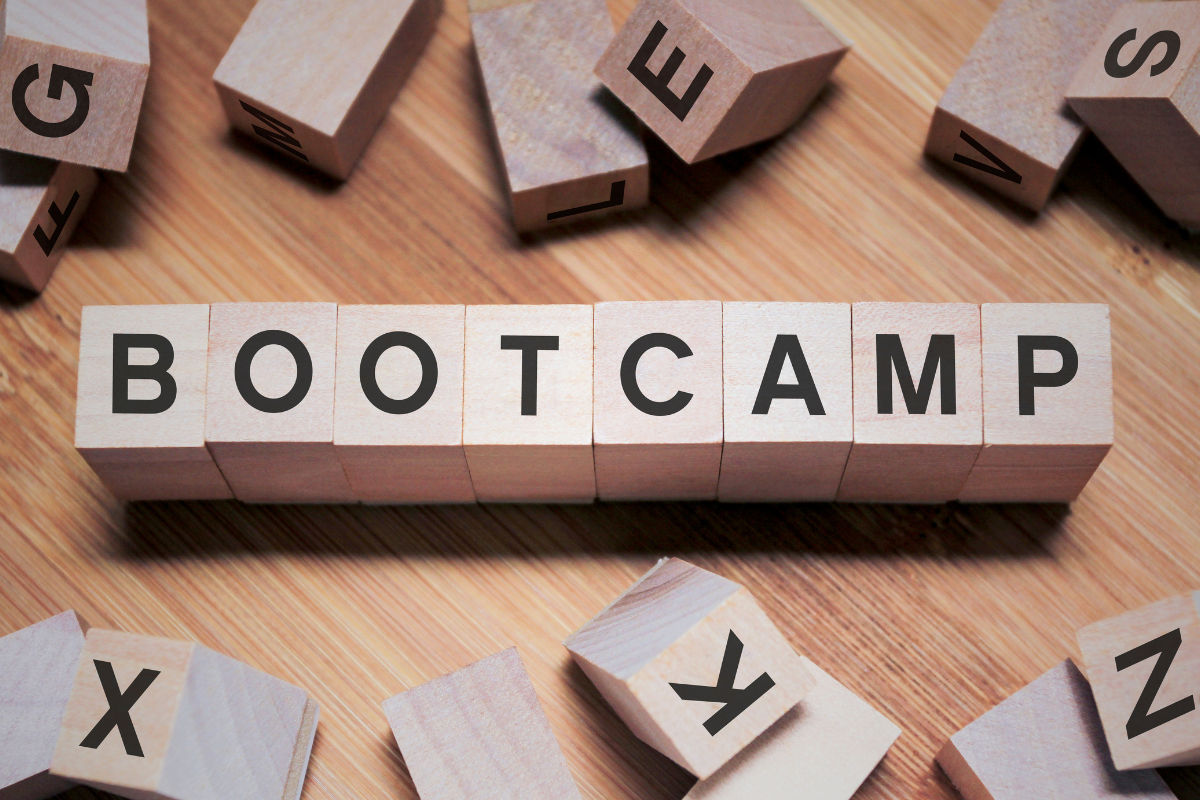Effective Strategies for Promoting Early Language Development in Toddlers (1-3 Years)
As a parent, one of the most exciting milestones you’ll witness is when your little one starts to babble, form their first words, and eventually begin to combine words into sentences. Children between the ages of 1 and 3 experience a tremendous growth spurt in their language skills, and you, as a caregiver, play a crucial role in nurturing this development. Incorporating simple, everyday activities into your routine can foster your child’s communication abilities while strengthening your bond.
1. Model Simple, Repetitive Language
Language development begins with exposure; repetition is key to helping young children understand and start using words. By consistently repeating words, phrases, or sounds, you provide a model for your child to mimic. For example, when your child points to a ball, you could say, “Ball! Throw the ball.” By using the same word or phrase in similar contexts, your child will start to associate words with their meanings.
Tip for Parents: When playing, model simple sentences like, “I see the car. The car is red,” and repeat the words often to help your child start using them on their own.
2. Expand on Your Child’s Vocalizations and Verbalizations
Children naturally start to make sounds and babble, and it’s essential to expand on these early attempts at communication. If your child says “ba-ba” while playing with a ball, you can develop by saying, “Yes, that’s the ball!” or “Throw the ball to me!” This teaches your child to use more complex sentences and promotes vocabulary growth.
Tip for Parents: Note your child’s attempts to communicate, whether it’s a sound, word, or gesture, and repeat it with added detail or context to reinforce language skills.
3. Use Gestures to Support Understanding
Before children develop verbal skills, they often rely on gestures to communicate. By supporting these gestures with corresponding words, you help children make the connection between their physical actions and the words that describe them. For example, if your child raises their arms to be picked up, you can say, “Up! You want to go up!” This helps them link gestures with language.
Tip for Parents: Encourage your child to use gestures such as pointing, waving, or clapping, and always reinforce those gestures with words to help them connect physical actions with language.
4. Joint Attention: Share the Moment
Joint attention refers to the shared focus of two people on an object or activity. It’s an essential part of early language development because it helps children learn how to communicate about things they’re interested in. Whether it’s a toy, a picture, or a family pet, showing your child that you’re both looking at the same thing helps build their understanding of communication and strengthens your connection.
Tip for Parents: Use eye contact, point to objects, and narrate what’s happening in your child’s environment. For example, “Look at the dog! The dog is running!” This reinforces language development and creates meaningful moments of connection.
5. Engage in Interactive Activities
Interactive activities, such as reading, singing, and playing, are vital for boosting language development. Picture books are especially effective for introducing new words and concepts. Singing simple songs with repetition, like “Twinkle, Twinkle, Little Star,” helps your child learn words through rhythm and melody. Turn-taking games also help develop social communication skills.
Tip for Parents: Incorporate songs, books, and games into your daily routine. For example, during bath time, you can sing a song like “Rub-a-dub-dub, it’s time for a scrub!” to make the experience engaging and language-rich.
6. Narrate Actions and Label Objects
Narrating actions involves describing what you or your child are doing in the moment. This could be anything from “You’re putting the blocks in the box” to “I’m washing your hair.” It helps children understand the connection between words and actions and enhances their vocabulary.
Tip for Parents: Label everyday objects around the house, like “This is a spoon” or “The dog is running.” The more words your child hears, the more likely they will begin using them themselves.
7. Reflect and Support Your Role
Early language development takes time and practice. As a parent, it’s essential to reflect on your child’s progress and feel confident in your role as their primary language facilitator. Incorporating the above strategies into everyday activities will help ensure steady development, but remember that every child develops at their own pace.
Tip for Parents: Keep a journal of your child’s language milestones and celebrate each step along the way. If you have any concerns, discuss them with a speech-language pathologist (SLP) for guidance and support.
How Carolina Therapy Connection Can Help with Early Language Development
At Carolina Therapy Connection, we specialize in early language development and offer programs designed to support parents and caregivers in nurturing their children’s communication skills. Our team of speech-language pathologists (SLPs) provides one-on-one coaching sessions and tailored guidance to help you implement effective language strategies in your everyday routines.
Whether through interactive activities, practical tips, or personalized support, we’re here to empower you as your child’s primary language facilitator. If you’re interested in learning more about Early Language Development and how we incorporate different treatment plans into therapy, including intensives, please feel free to contact us to schedule an evaluation. You can also use this link to explore more about our pediatric intensive therapy services.


